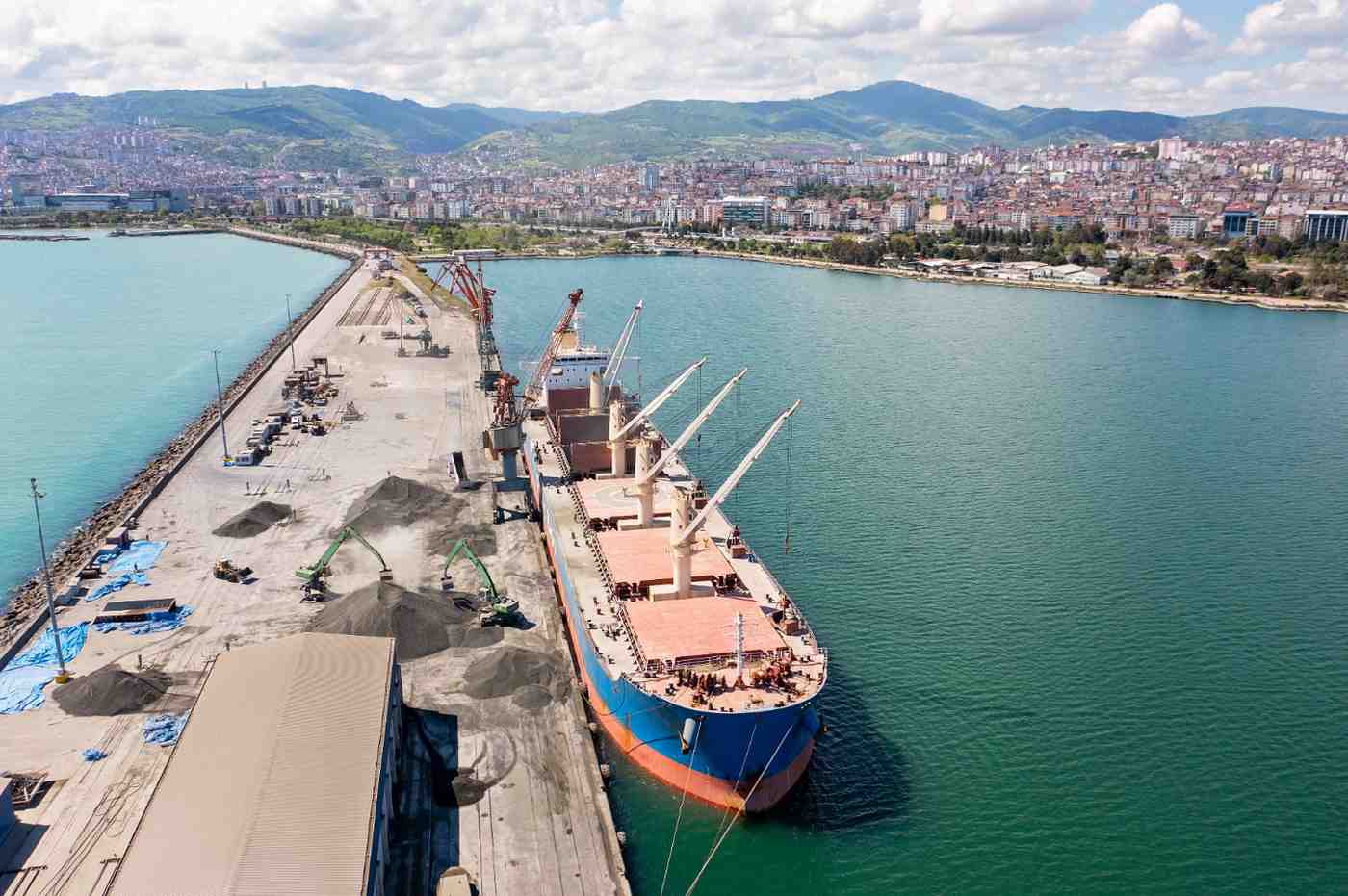
The Future of Indian Logistics: Harnessing Technology, Driving Sustainability, and Unlocking Growth Potential
By Mr. Pushpank Kaushik, CEO & Head of Business Development of Jassper Shipping
The logistics industry is a crucial backbone of the Indian economy, contributing approximately 14% to the nation’s GDP. The sector is poised for a transformative shift, driven by advancements in technology, an increasing focus on sustainability, and a growing emphasis on organised operations, the sector is set to redefine efficiency, transparency, and customer experience.
As per the latest market reports by Statista, the size of the Indian logistics market is estimated at approximately 317.3 billion USD in 2024. The report also estimates that the market would grow to 484 billion dollars in 2029, at a CAGR of 8.8 percent. As the nation rapidly develops its infrastructure and embraces digital innovations, the integration of electric vehicles, artificial intelligence, and machine learning is set to reshape the landscape of logistics.
Electric Vehicles: A Green Revolution for Indian Logistics Sector
The adoption of EVs in the logistics industry offers a multitude of benefits including reduced greenhouse gas emissions, significantly reducing the carbon footprint of logistics operations. With advancements in battery technology, the range of these vehicles is expanding, making them a viable choice for logistics companies. Government Initiatives such as Faster Adoption and Manufacturing of Electric Vehicles and Production Linked Incentive Scheme accelerate the adoption of electric vehicles.
AI and ML Integration: Primary Drivers towards Futuristic Logistics
Mr. Pushpank Kaushik, CEO & Head of Business Development (Subcontinent, Middle East, and SouthEast Asia) of Jassper Shipping explains how the integration of Artificial intelligence and Machine Learning technologies in logistics is revolutionising operational efficiencies.
- Data-Driven Decision Making: AI and ML analyse vast amounts of data to identify trends, forecast demand, and develop strategies that align with market dynamics, allowing logistics firms to make informed decisions.
- Route Optimisation: Algorithms assess traffic patterns, weather conditions, and delivery schedules to determine the most efficient routes for transportation which reduces fuel consumption and reduces delivery times.
- Inventory Management: AI technologies streamline inventory management by predicting stock levels and automating operational tasks leading to better inventory turnover and reduced carrying costs.
- Enhanced Customer Experience: AI chatbots and virtual assistants improve customer engagement by providing real-time updates on shipment status and assisting with queries, thereby enhancing the overall customer experience.
The Mainstream Transformation of Logistic Mr. Pushpank Kaushik further highlights that the digital revolution is facilitating greater transparency and efficiency in logistics. Blockchain technology enhances trust and security in transactions, while IoT platforms enable real-time tracking of goods. With the government implementing policies that promote the formalisation of the logistics sector, more companies are encouraged to adopt better practices and achieve regulatory compliance.
The rise of e-commerce has enabled companies to adapt organised logistics solutions to efficiently manage the complexities of last-mile delivery. Collaborative efforts between government agencies and private companies are developing robust logistics infrastructure, with investments in highways, ports, and multimodal transport systems.
Mammoth Opportunities in Road Logistics
The sector presents significant opportunities for growth and innovation. The growth of e-commerce has intensified the demand for efficient last-mile delivery solutions and companies offering timely and reliable delivery services are likely to capture significant market share. The adoption of technology, such as GPS tracking, telematics, and IoT devices, can enhance efficiency and visibility in road logistics. As per Mordor Intelligence, road logistics continues to dominate the Indian freight transportation landscape with an estimated at USD 140.26 Billion in 2024 and reach USD 236.29 Billion by 2030, growing at a CAGR of 9.08%.
The future of Indian logistics is bright, with a plethora of opportunities for growth and innovation. The convergence of sustainability, technology, and efficiency will not only redefine the landscape but also play a crucial role in driving the Indian economy forward. Embracing these changes is imperative for stakeholders looking to thrive in this dynamic and evolving environment.
Author :

Mr. Pushpank Kaushik, CEO & Head of Business Development (Subcontinent, Middle East, and SouthEast Asia) of Jassper Shipping

